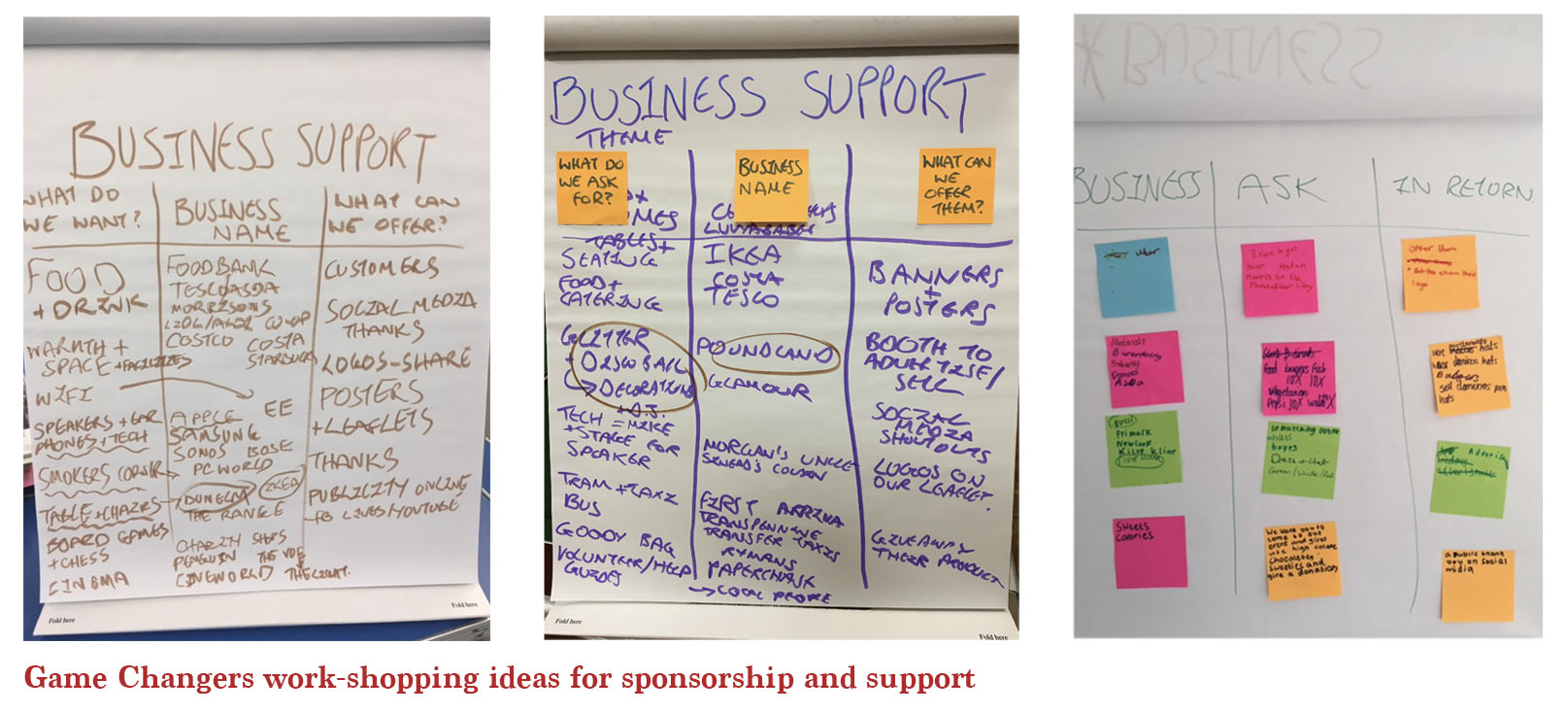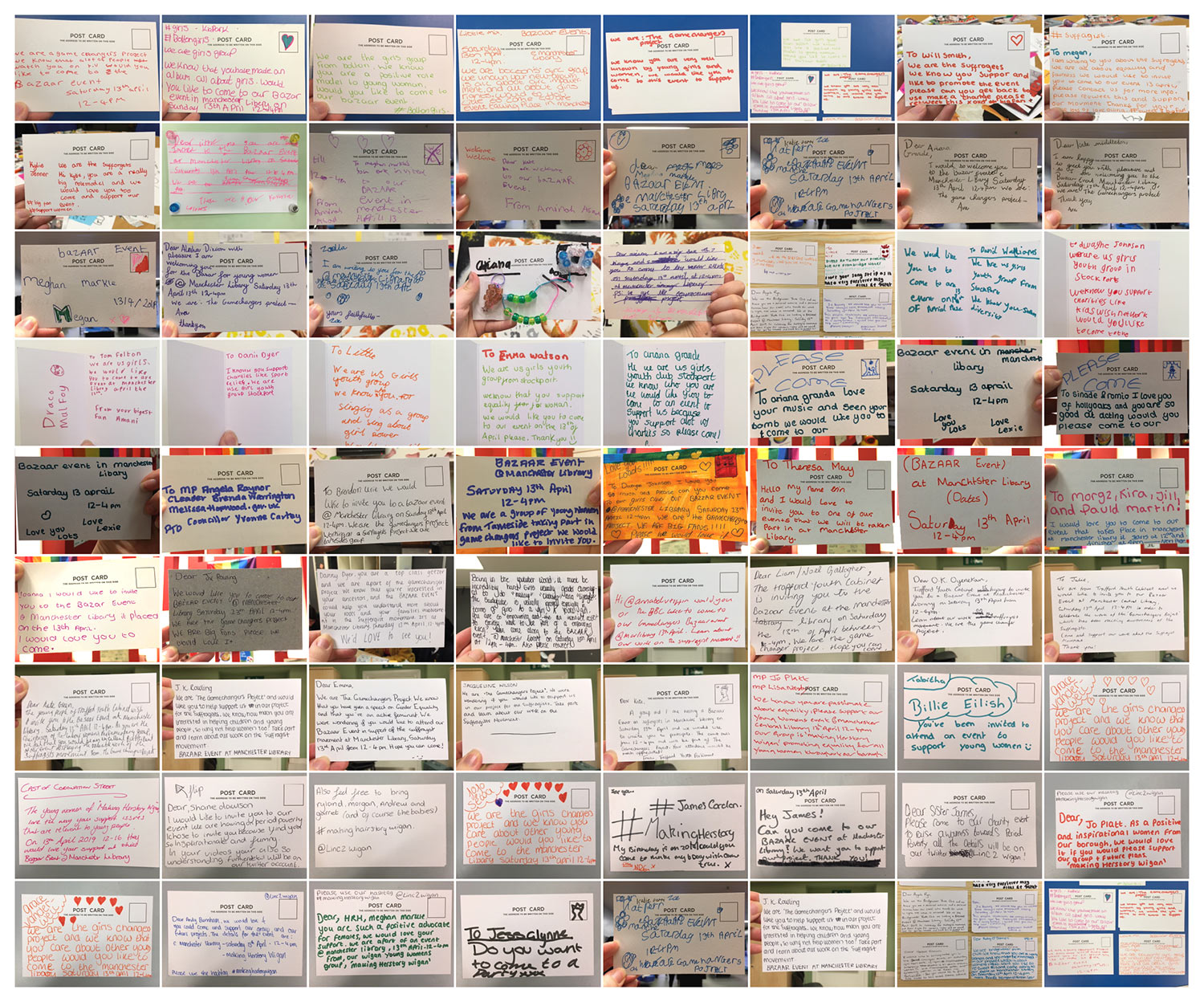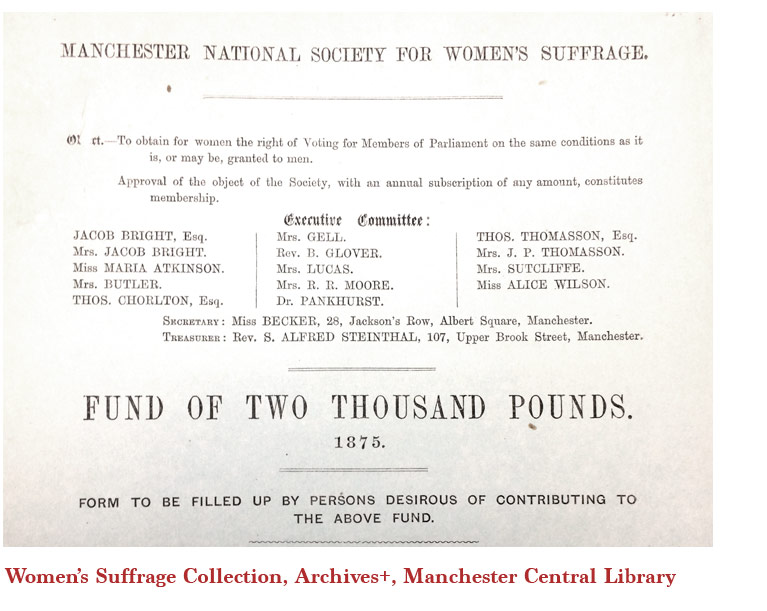
Sponsorship and Support
One factor the suffragists were well aware of was the importance of financing a campaign.
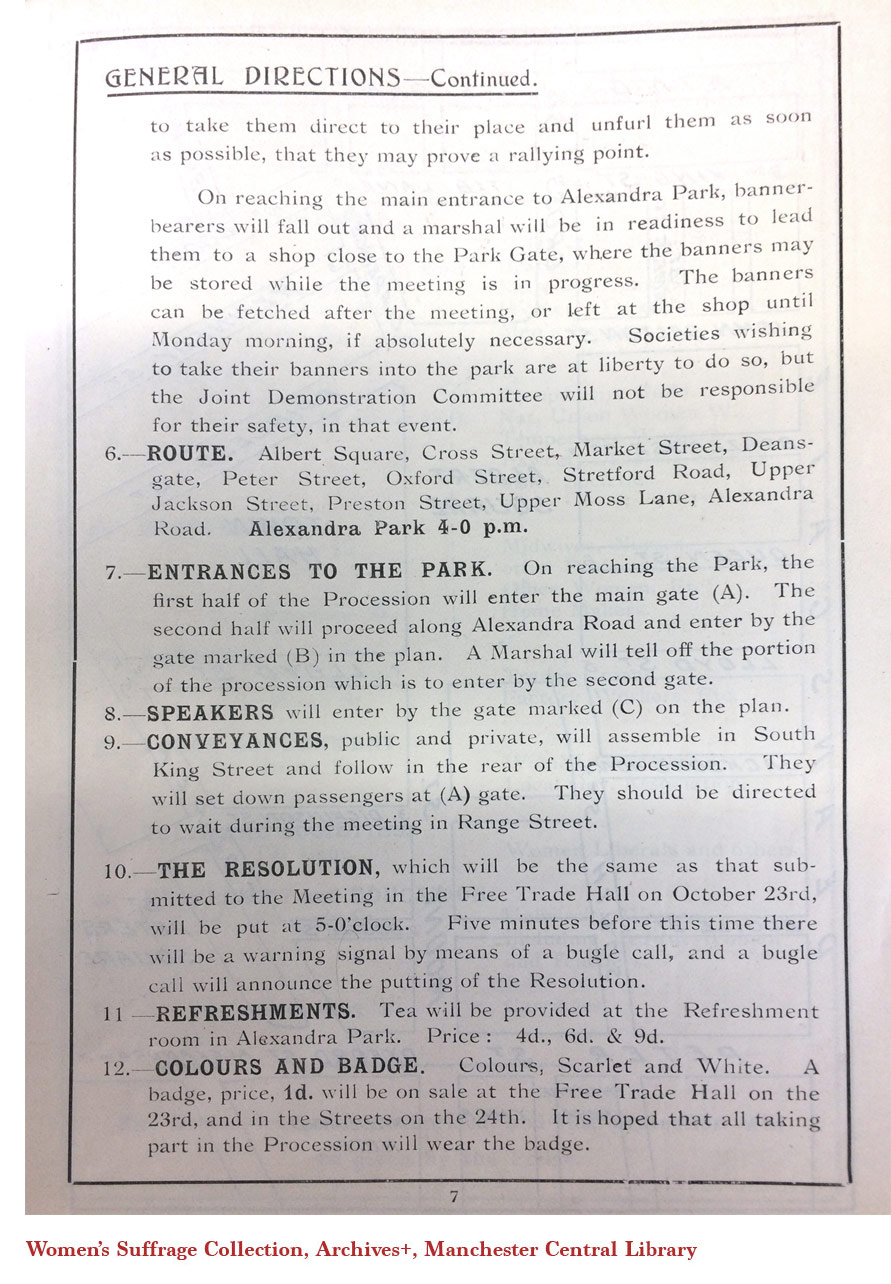
The NUWSS had to cover costs such as paying for staff to work on the campaign full time, hiring venues for events and the printing of literature. Membership was a key source of income. As we can see from this pledge, membership consisted of ‘an annual subscription of any amount’. This allowed people to become members even if they had a low income, which will have been essential for working class women. We can also see, however, that they did request donations and were working towards raising significant amounts of money, (£2,000 in 1875 would have been the equivalent of £230,000).
Selling suffrage campaigning materials was also a way of raising funds. The price of these items, were kept minimal and most of the amount would cover the cost of production, any excess in profits would more than likely go back to the NUWSS. This is shown in the Bazaar handbook where it references refreshments and badges but also how much they cost (right).
From other items from the women’s suffrage archives we can see how a major source of generating income would be through advertising revenue. Despite most of society being reluctant to accept the progress in women’s liberation, businesses evidently saw the reach the suffrage campaign had. Businesses would then pay to advertise their product in the suffragist’s booklets and journals.
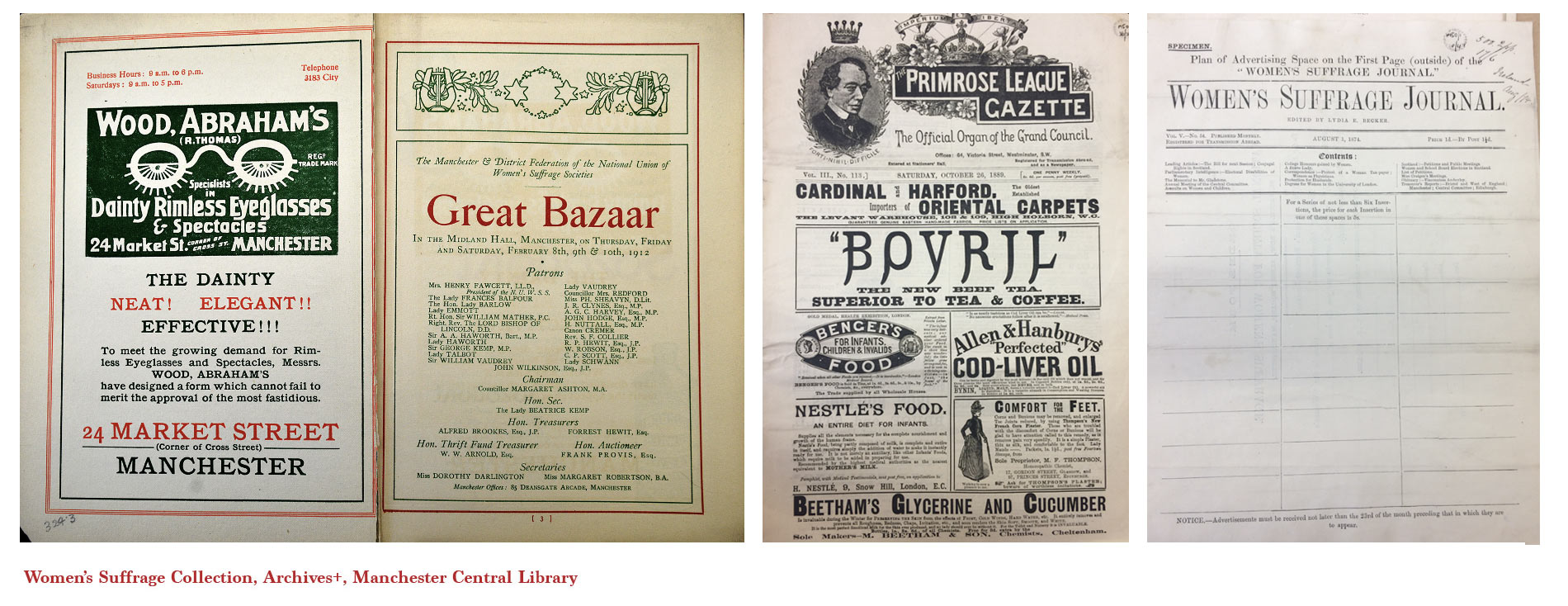
Focusing on the Bazaar event that the Game Changers would be co-leading, The Game Changers were able to explore contemporary ways of corporate engagement. Lucy Green who has professional experience engaging corporate sponsorship for charitable causes led these workshops. First the groups deliberated what key products they wanted at the event, e.g. Food and drink. Then, they identified businesses that could provide these and what the Bazaar event might be able to offer to promote that company. Just like the suffragist’s this could consist of advertising and PR. The groups then practised how they could pitch their sponsorship ideas to these businesses in a lively mock ‘Dragon’s Den’.
The groups then created lists of significant guests they wanted to attend the Bazaar event and wrote persuasive decorative invitations.
